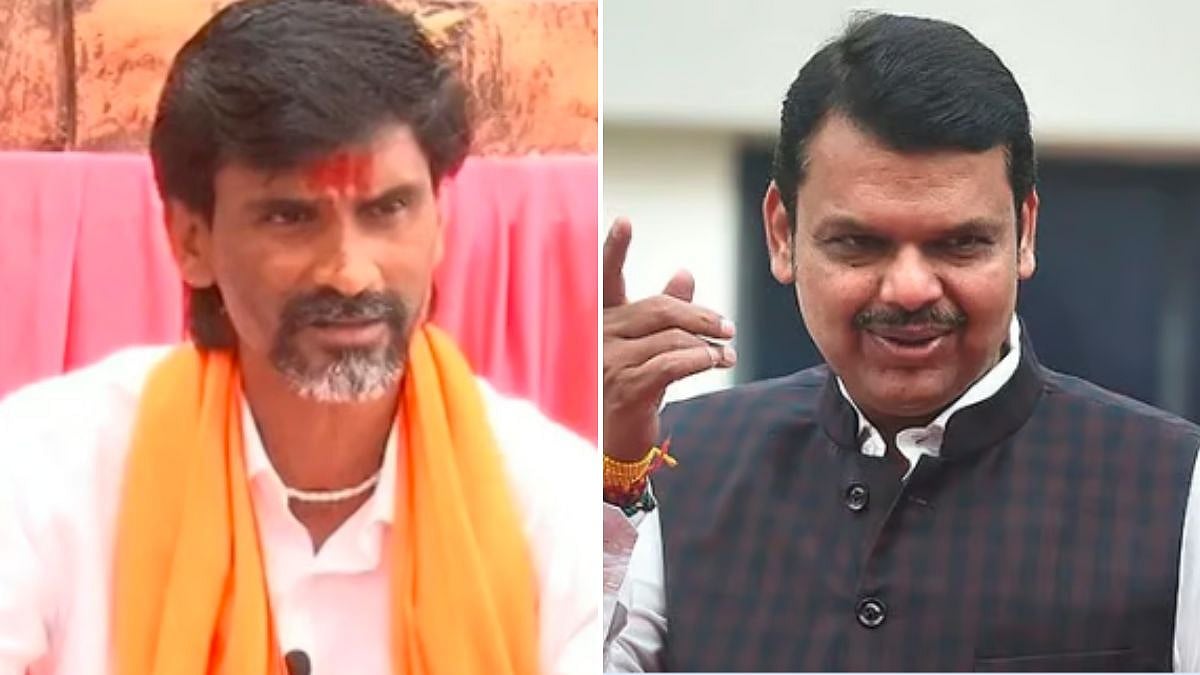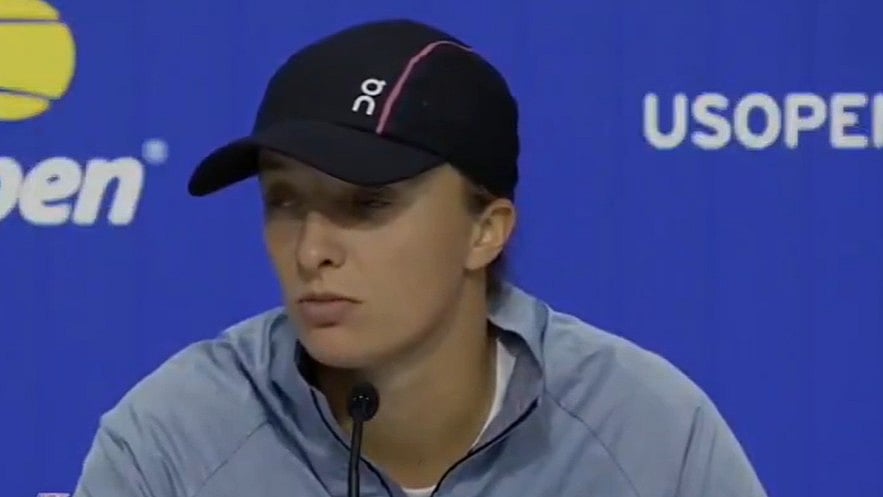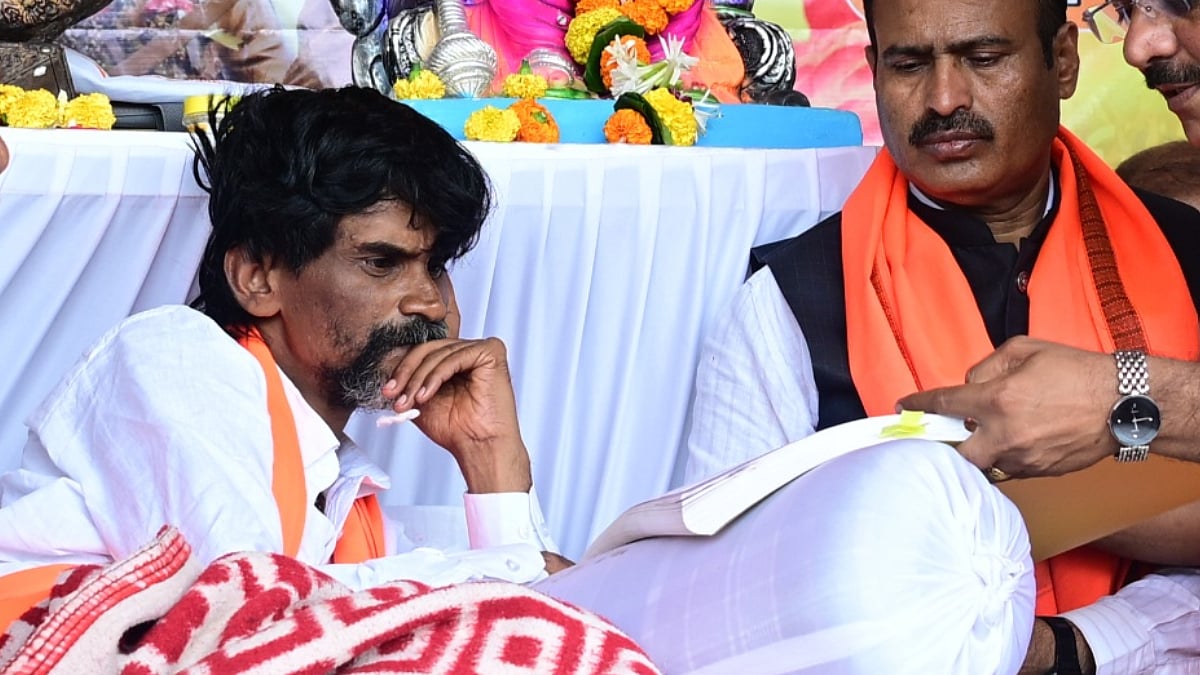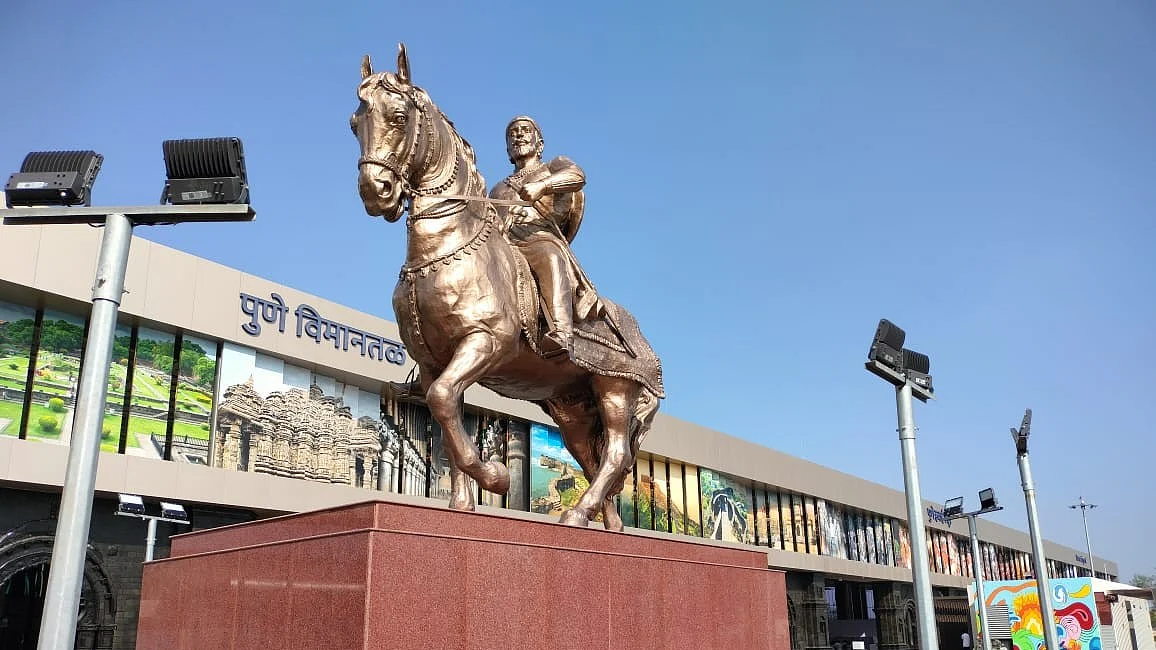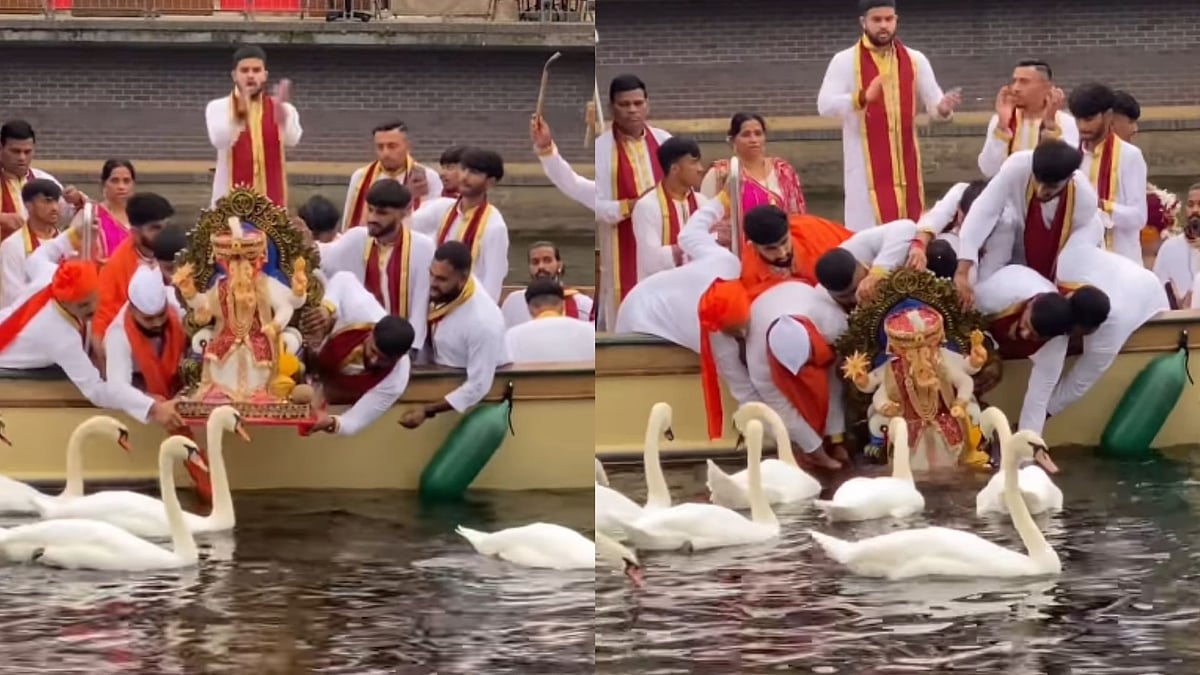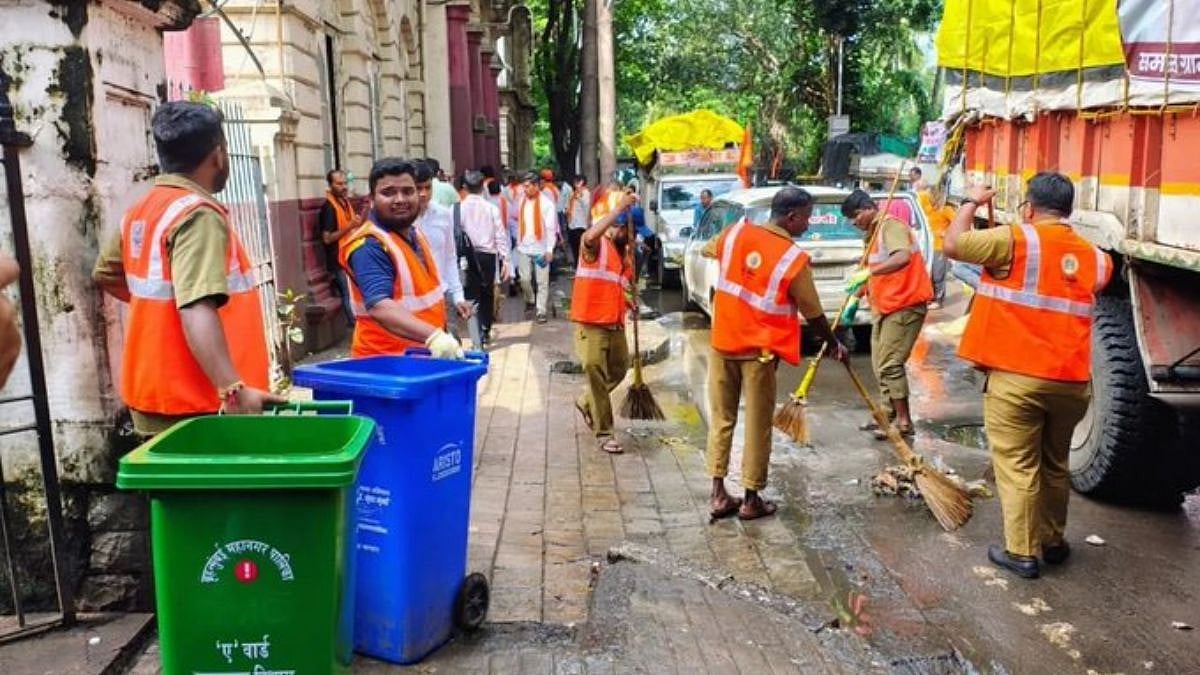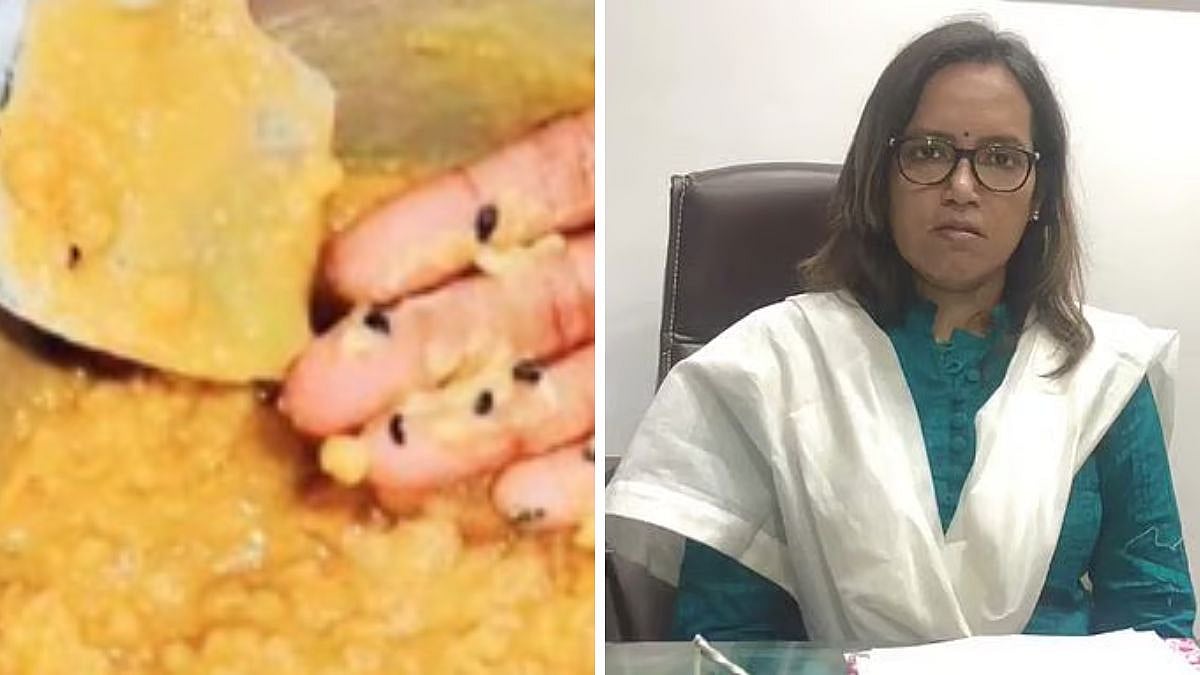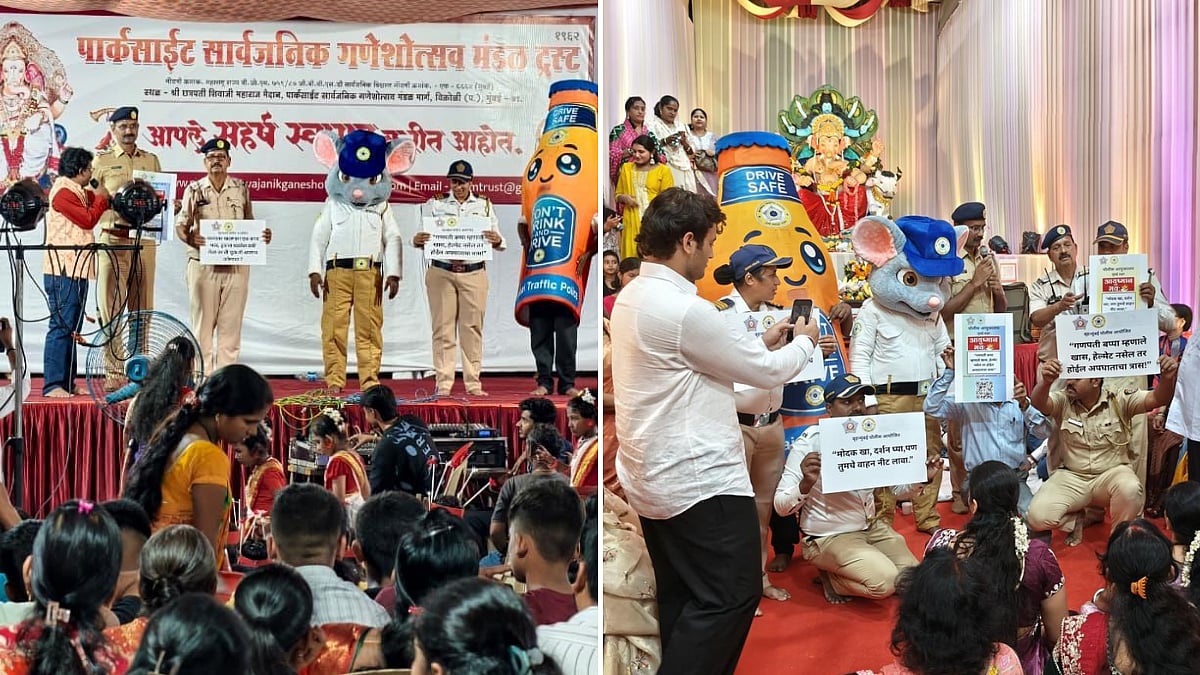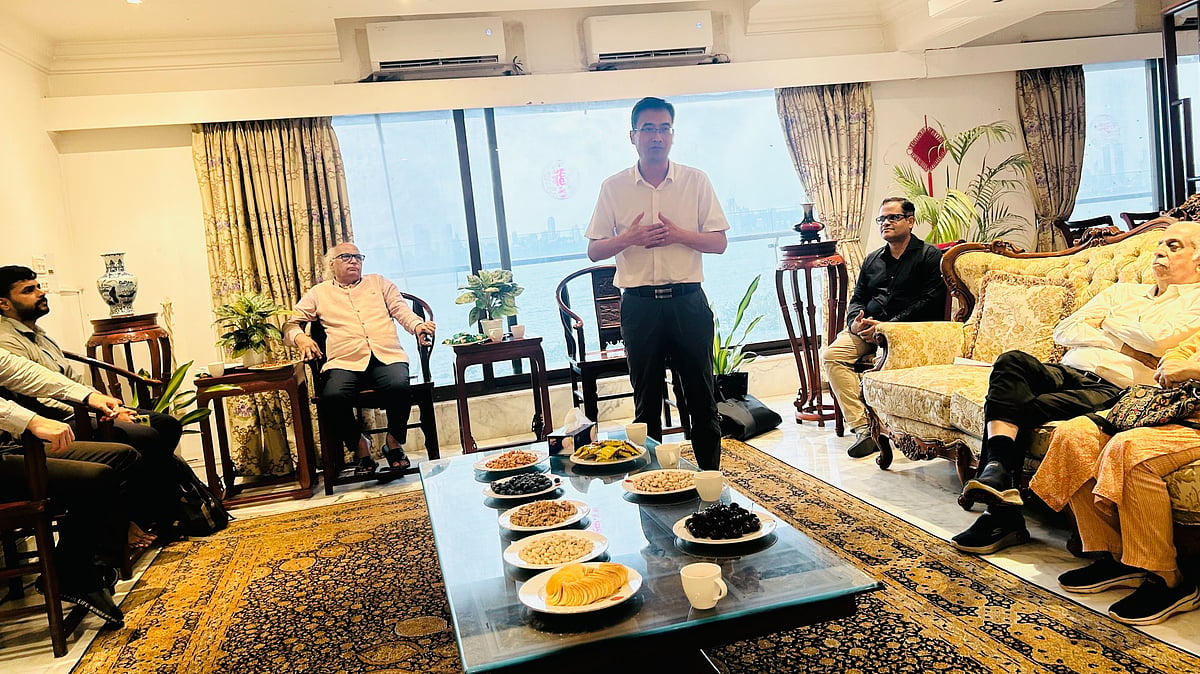Mumbai: Who won? Maratha activist Manoj Jarange Patil or the Mahayuti government. While the former has claimed a thumping victory, sources say the BJP-led Mahayuti government is all set to reap the agitation’s political benefits in the impending local body elections. The government has taken subdued credit for the decisions that successfully ended the five-day agitation, while claiming that it has also protected its core vote back – the Other Backwards Classes (OBCs).
Politics Over Policy in Play
So cleverly has the political manoeuvring begun that OBC leaders like Chhagan Bhujbal have begun consolidating their political base by opposing the two c (GRs) by the government. Surprisingly, a cabinet member cannot oppose a decision taken by the government he is part of.
Since the OBCs have been the core voter base of the Mahayuti in general, and the BJP in particular, nobody from the alliance, not even Bhujbal’s party boss, Deputy Chief Minister Ajit Pawar (a Maratha), is likely to question him about his posturing.
Furthermore, the muchtalked-about boycott of cabinet meeting by Bhujbal on Wednesday does not fit into the rulebook of the code of conduct for ministers. But nobody will question him on this as well.
Mahayuti Plays Smart Politics
As things stand now, the Mahayuti is clearly trying its best to outsmart the Maha Vikas Aghadi (MVA). However, the opposition stalwarts such as Sharad Pawar fully understand how effective the decision taken by the government was for Maratha protesters as no leader can speak against the OBCs while taking Jarange Patil’s side.
When reviewed carefully, the Maratha community has not received anything significant, as the process for acceptance of the Hyderabad Gazetteer and distributing Kunbi certificates to Maratha families engaged in farming is not going to be smooth due to multi-level scrutiny and the caste validity process as per law. In the end, the Mahayuti will reap the political benefits from both the Marathas and the OBCs. So who won?
